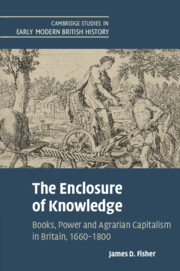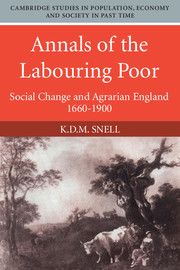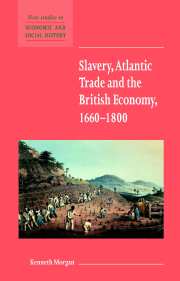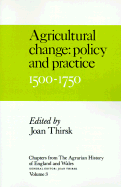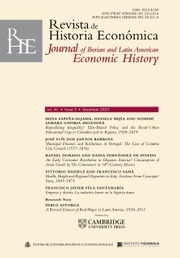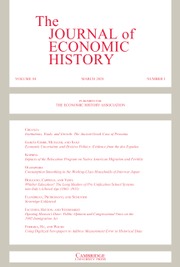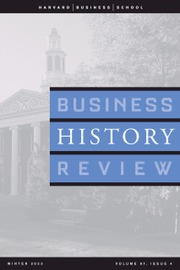The Enclosure of Knowledge
The rise of agrarian capitalism in Britain is usually told as a story about markets, land and wages. The Enclosure of Knowledge reveals that it was also about books, knowledge and expertise. It argues that during the early modern period, farming books were a key tool in the appropriation of the traditional art of husbandry possessed by farm workers of all kinds. It challenges the dominant narrative of an agricultural 'enlightenment', in which books merely spread useful knowledge, by showing how codified knowledge was used to assert greater managerial control over land and labour. The proliferation of printed books helped divide mental and manual labour to facilitate emerging social divisions between labourers, managers and landowners. The cumulative effect was the slow enclosure of customary knowledge. By synthesising diverse theoretical insights, this study opens up a new social history of agricultural knowledge and reinvigorates long-term histories of knowledge under capitalism.
- Creates the foundation for a new history of early modern rural society
- Tells a fresh history of pre-industrial work focused on farm labour, to better explain the long-term emergence of the modern 'knowledge economy'
- Highlights how inequality and social power has shaped the history of the British countryside and its people in surprising ways
Reviews & endorsements
'… it is no doubt true that this history of the enclosure of knowledge about farming 'has profound significance for our understanding of how modern capitalism developed' (275). Fisher has provided us with an important reminder of this significance and a useful discussion of a remarkably extensive set of books on agriculture and has packaged it all in interesting and articulate prose.' Jim Handy, Agricultural History
Product details
May 2024Paperback
9781009048736
344 pages
229 × 152 × 18 mm
0.501kg
Available
Table of Contents
- Introduction: Pen over Plough
- 1. Rethinking Agricultural Books, Knowledge and Labour
- 2. Learning without Books: The Mystery of Husbandry
- 3. Standing on the Shoulders of Peasants: The Appropriation of the Art of Husbandry
- 4. Learning without Labour: Codification and Managerial Knowledge
- 5. Dividing Head & Hand: Gentleman Farmers, Agriculturists and Expertise
- 6. Monopolising Knowledge: Professionalisation, Education and Stewards
- 7. The Master Should Know More: Book-Farming, Power and Resistance
- Conclusion: New Histories of Knowledge.

